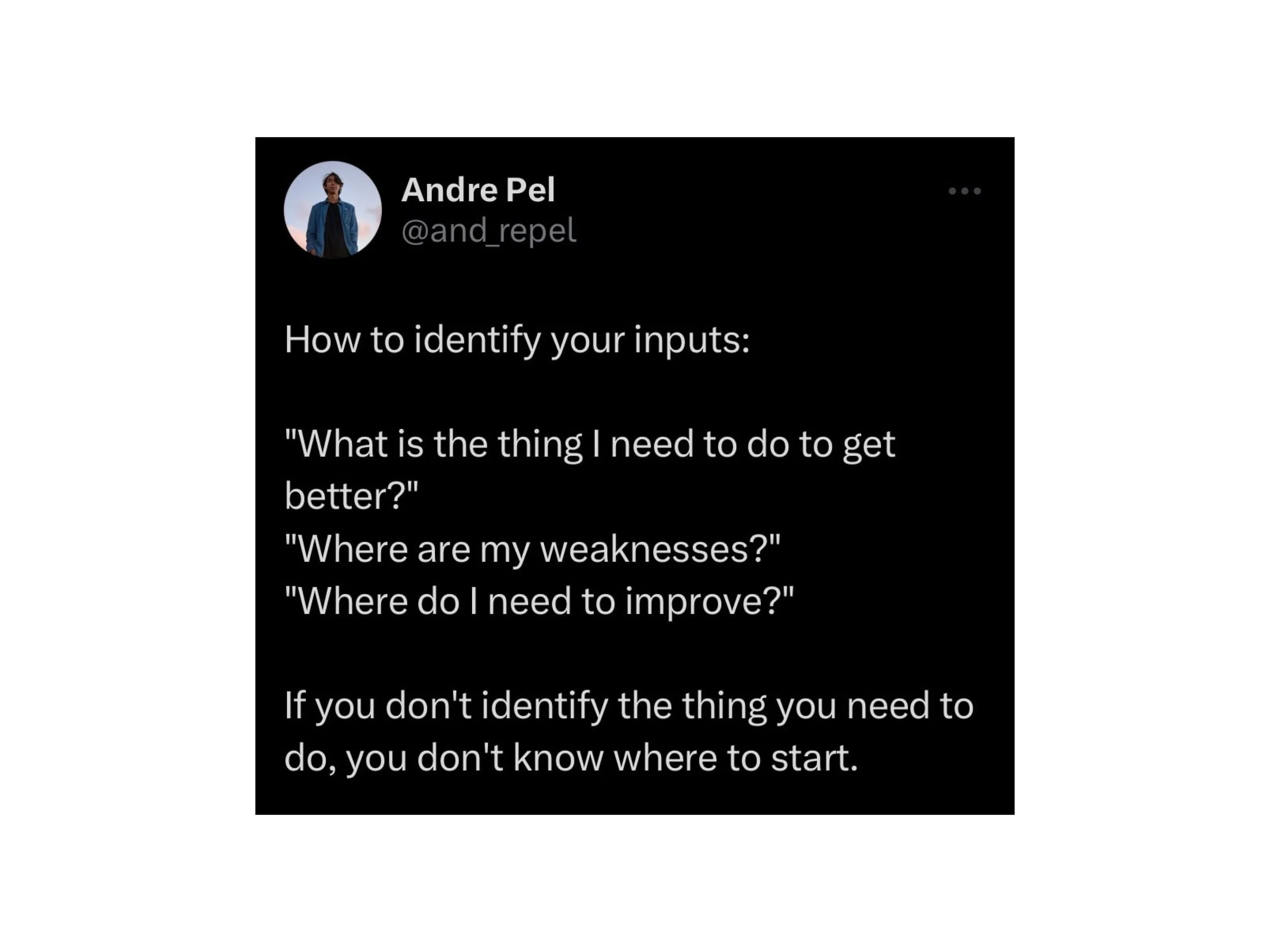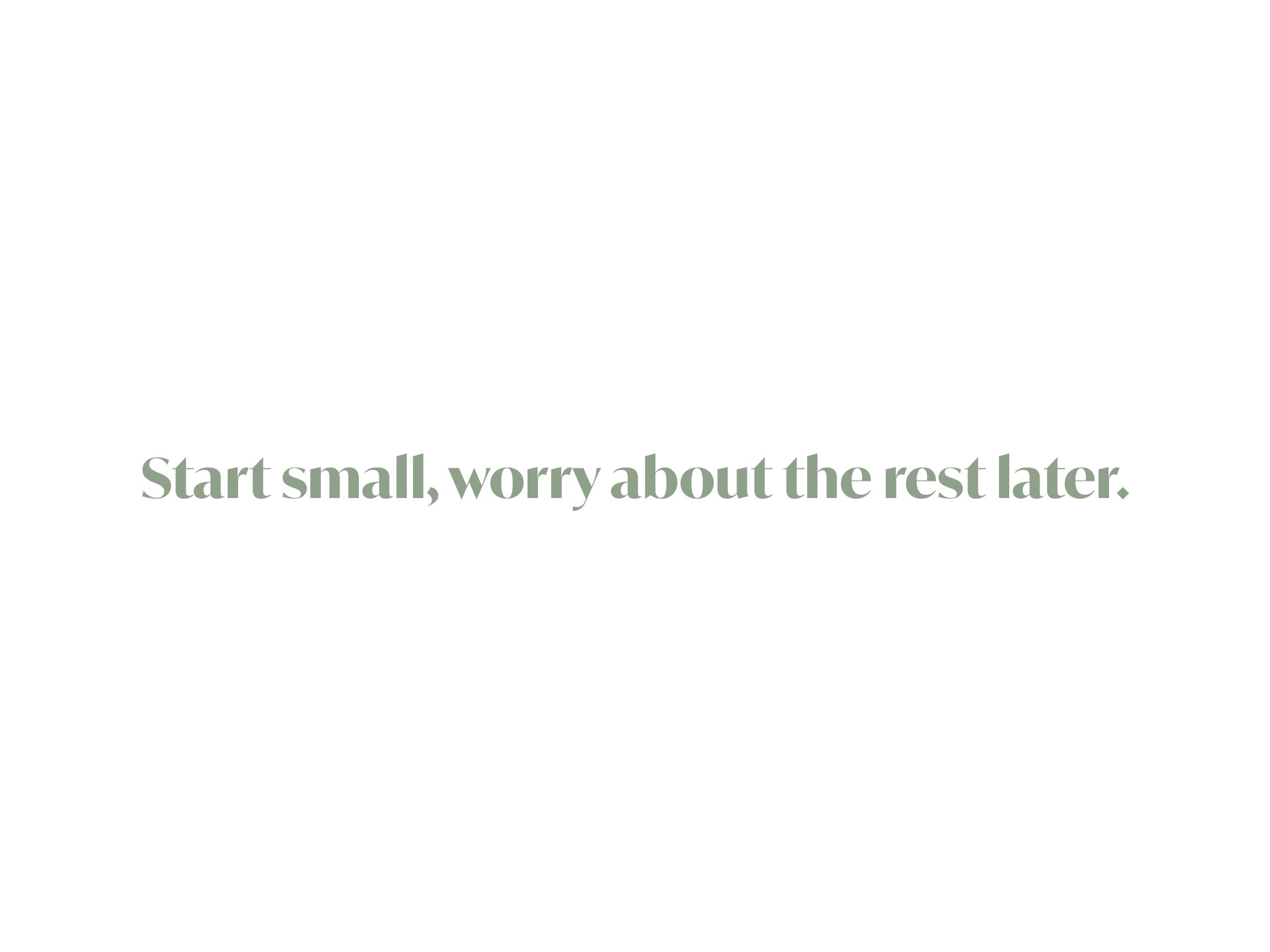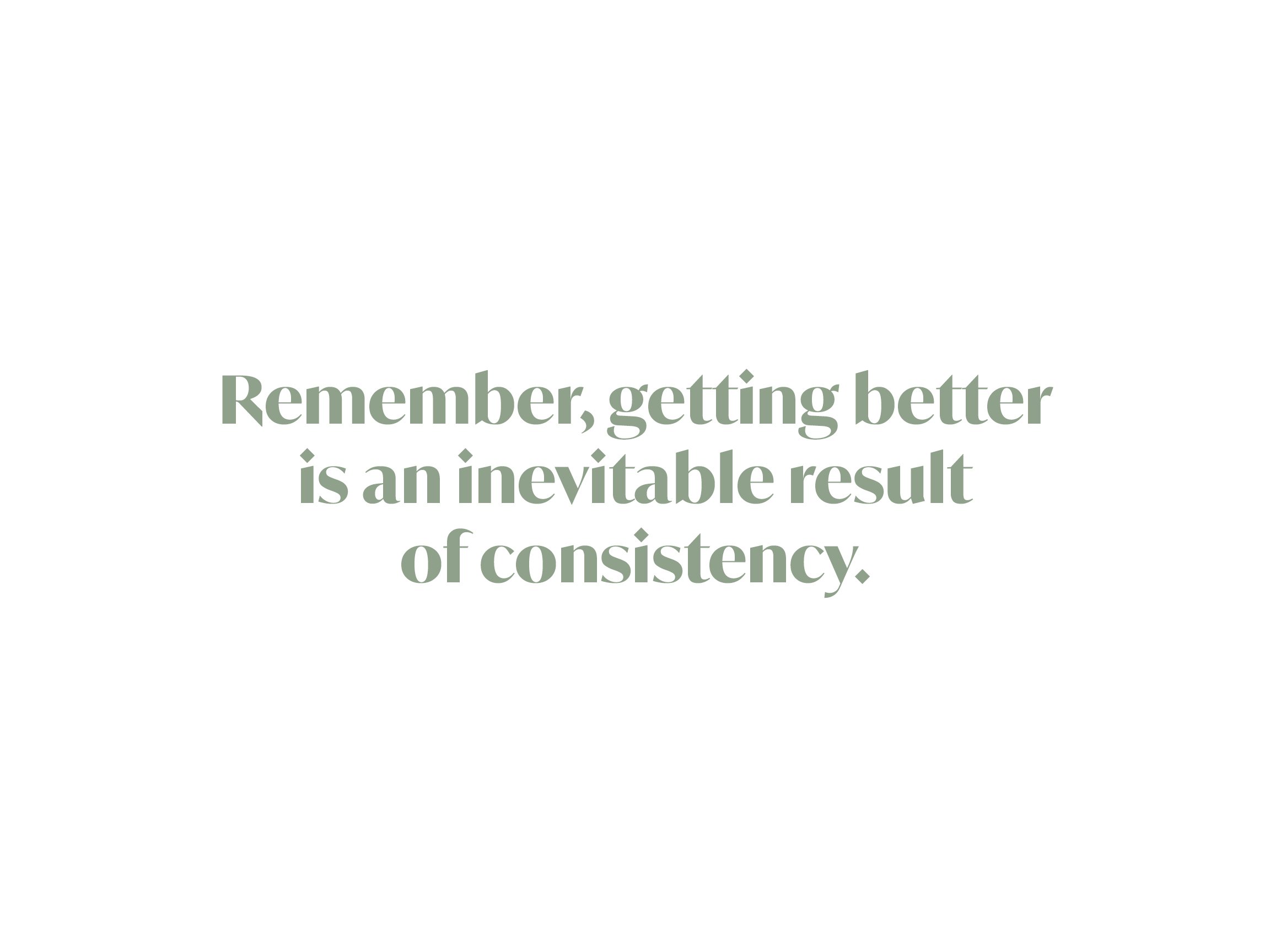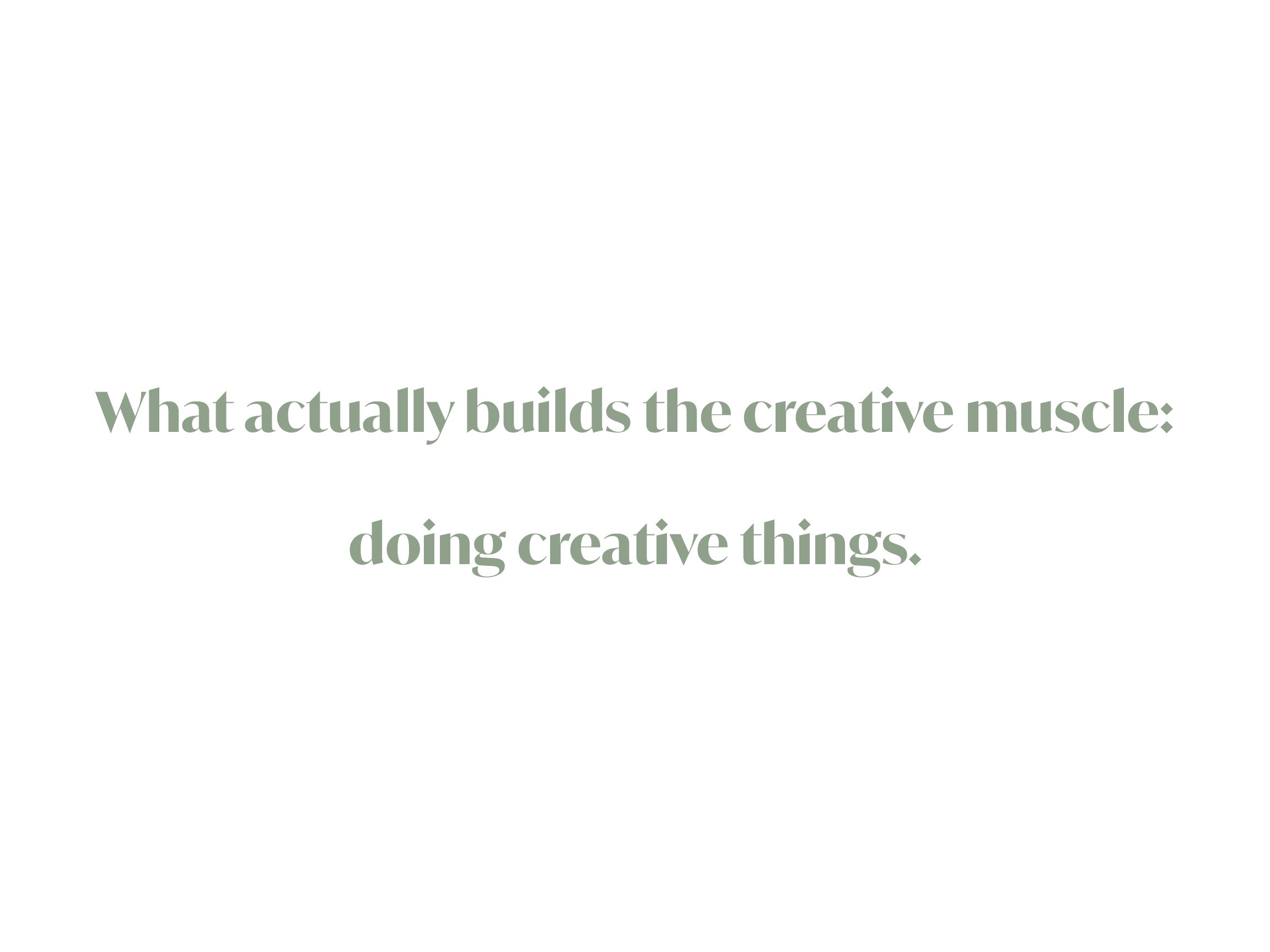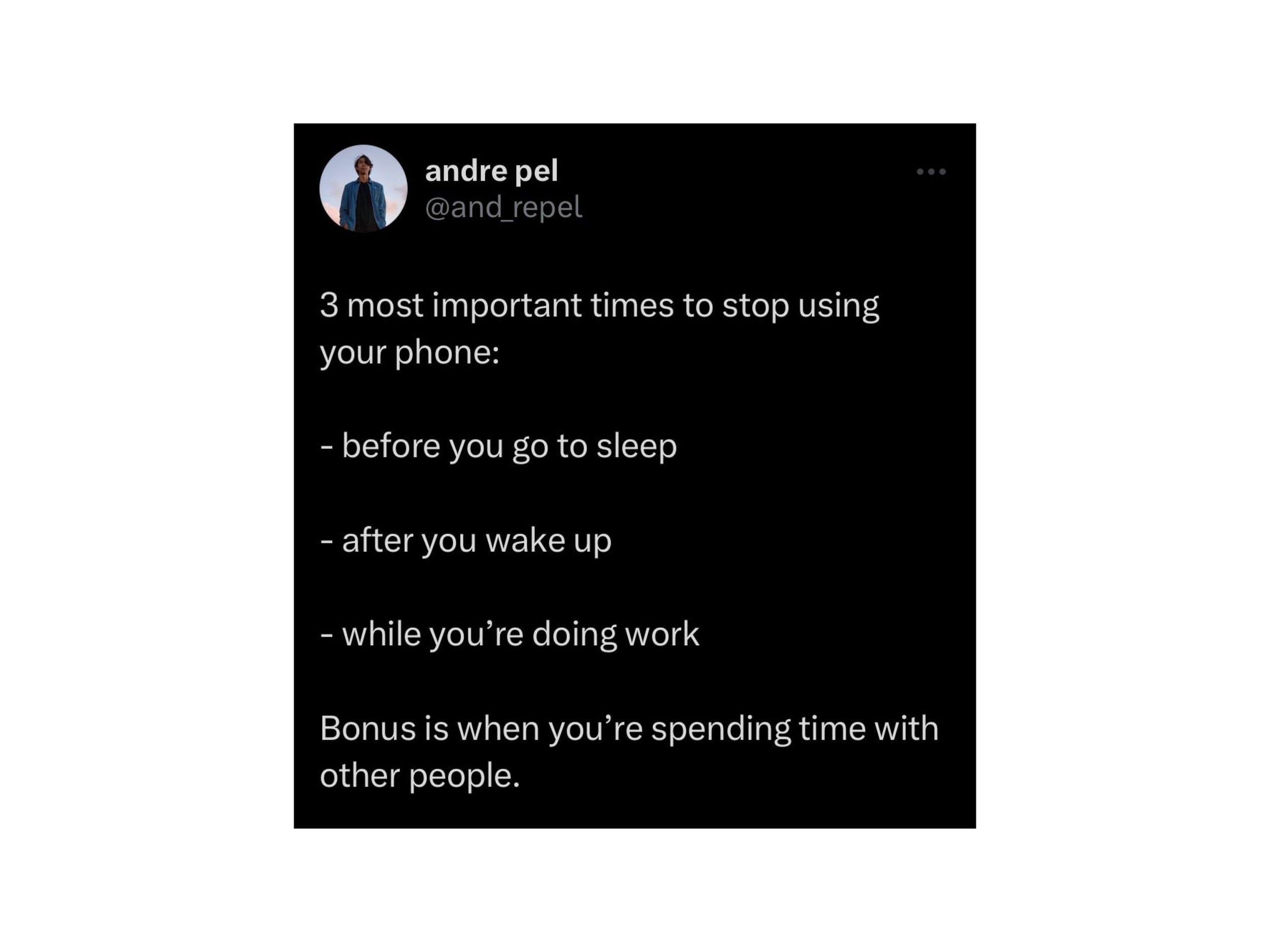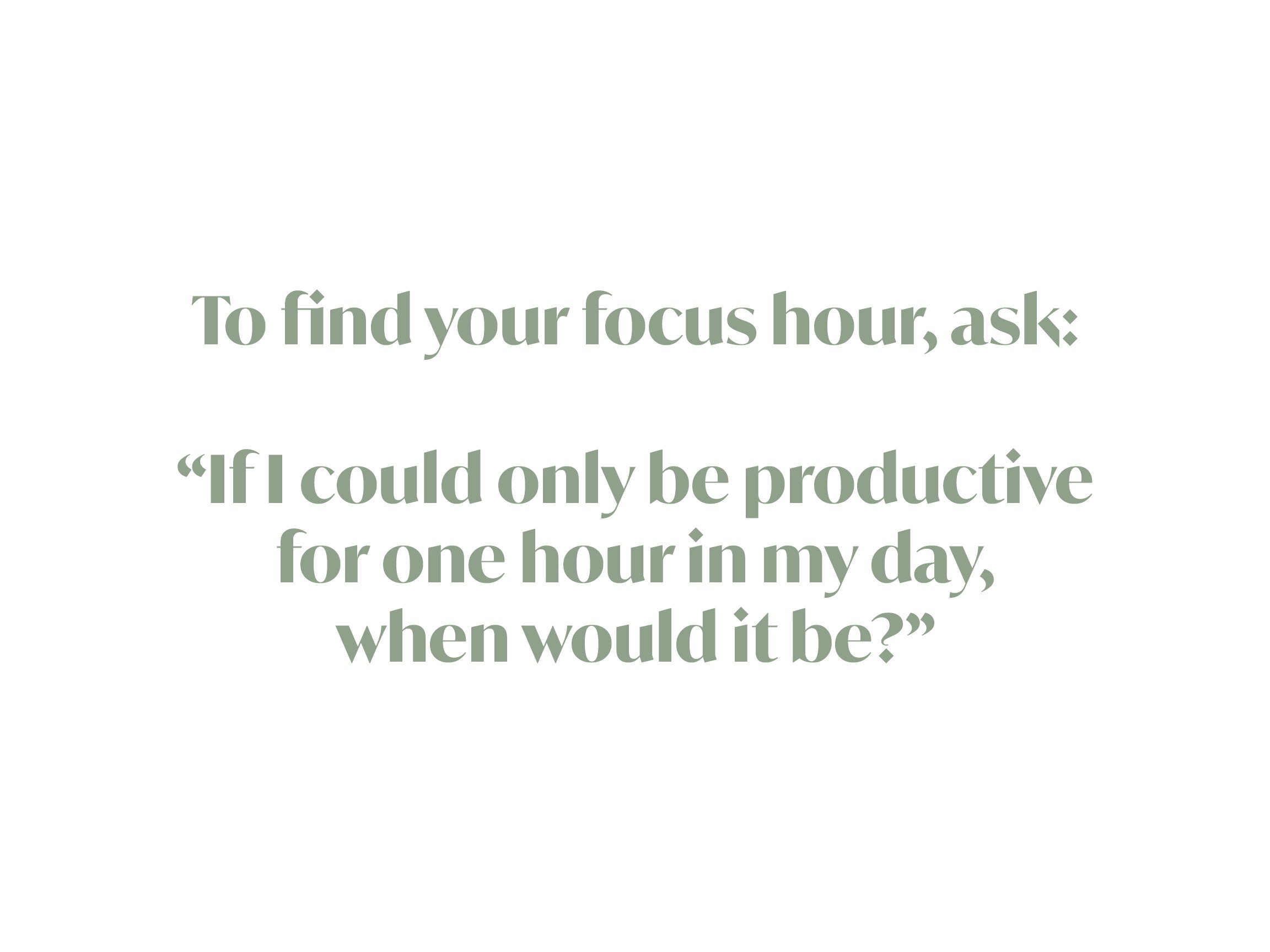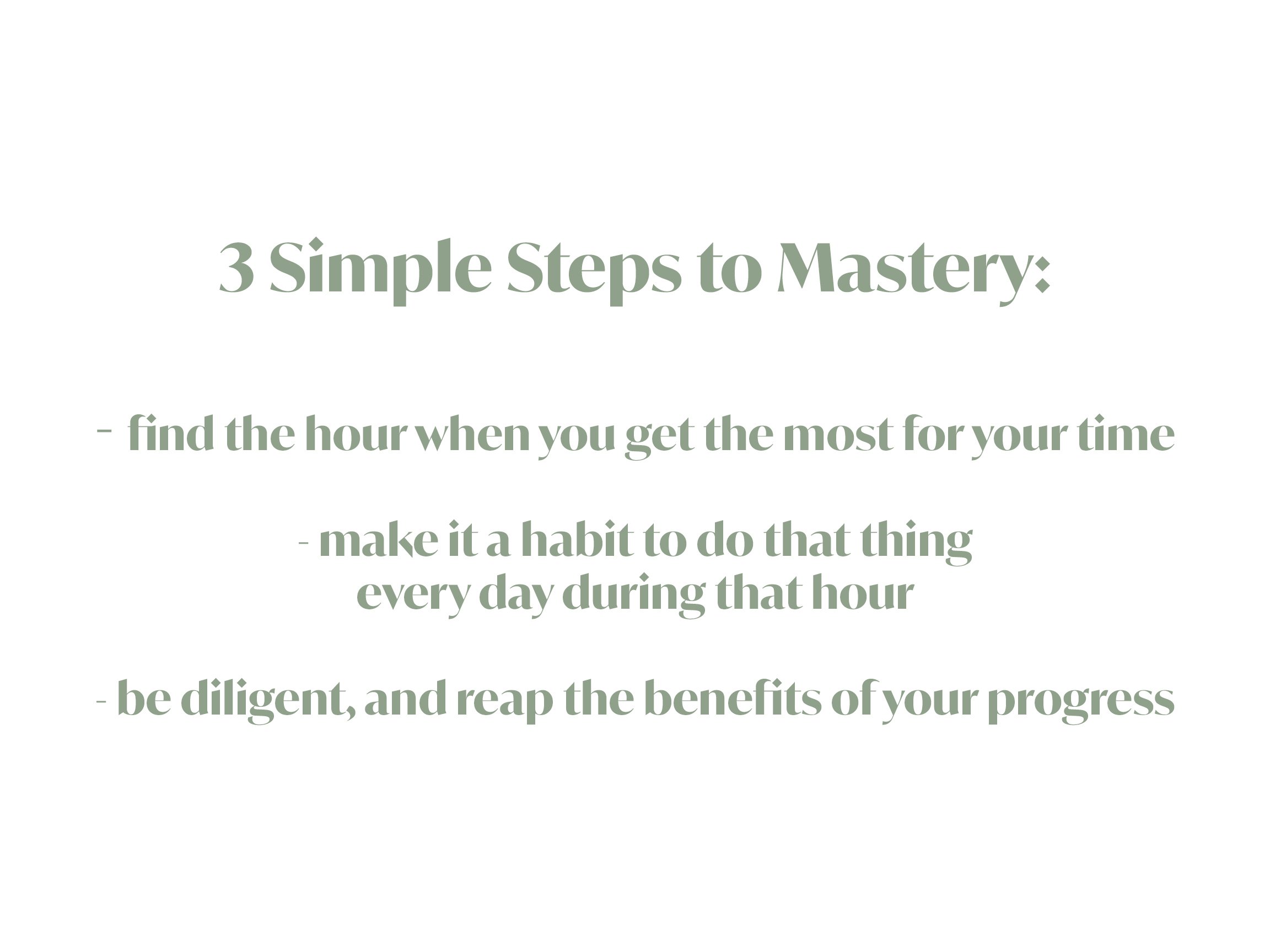How to Get Sh*t Done as a Creative Person in 2024
When it comes to creative work it’s easy to get distracted, bored, uninspired, and unmotivated.
There are projects and things we say we want to do, but never get around to doing them.
It can be due to a lack of time, lack of skill, or simply using the wrong methods.
But to be a “productive creative”, you need to figure out how to get shit done.
Over the years, I’ve spent countless hours and iterations working on improving my workflow.
And I’ve distilled them down into a few central concepts that I do on a daily basis that make me a more productive photographer.
This allows me to complete all my projects on time, consistently improve in the craft itself, and gives me peace of mind from not wasting time on the trivial many.
Consistent Creativity
The issue I see many creatives struggling with is they simply can’t be consistent.
It’s a common trope of the modern artist to flip flop projects, having their head in the clouds, and only working when they’re inspired.
This, in my opinion, is a myth.
There is a way to be consistent with your creativity and you don’t need to wait for motivation to do the work.
Lets start small.
If you want to be consistent with your art you need to build a habit of doing something every day.
This can mean taking photos, editing photos, playing music - whatever the task is.
You first have to identify the input:
So pick: taking photos, editing photos, reading, writing - whatever the skill you want to build is.
Keep it simple. One thing.
If you try to focus on too many things at once, you get nothing done.
Now that you’ve identified your input, figure out a time where you can do that thing every day. This is how we begin building the habit to be more productive and creative.
I recommend to keep the bar low at first.
Think: 15 minutes of reading. 15 minutes of writing.
Pick whatever seems appropriate for you, but make it easy so that it’s a quota you can actually fulfill.
Many people set the bar too high.
It’s okay to have big goals, but if it’s not something you can reasonably achieve on the day to day, then you’re simply setting yourself up for failure.
Big things are built by small improvements over long periods of time.
Next, you have to start today.
Now that you know what you need to do, there is no reason to wait for tomorrow.
This is another danger point for most people. They set a goal and then say “I’ll do it tomorrow.”
Guess what happens.
They never do it.
So make it a point to start today.
Start now.
This is your chance: simply reading this blog can be a catalyst for you to move forward.
And remember, it’s just 15 minutes.
Once you’re able to get through the first few days it will get easier. It may seem hard right now, but that’s because we’re still building the habit. But once the habit is formed, you will begin to do it on your own.
Eventually, you will get to the point where it actually feels weird for you to not do the thing.
Write it down on a post it note, circle it, star it, set reminders on your phone.
Do what you need to do to not forget.
Prioritize it.
From today on, building this habit is the most important thing in your life.
It might not actually be, but we want to treat it with that kind of importance because that’s what’ll actually make us prioritize that thing.
And through prioritization we become consistent.
Getting better is an inevitable result of consistency.
So if you wish to be a more “productive” creator, lets start with consistency.
Eliminating Distractions
Now that we have a system in place, the next step to being more productive is eliminating distractions.
Phone use is a silent killer for many creatives.
Most of us know that too much phone use is a problem, but we still do it anyways.
There’s a part of us that can’t resist scrolling, swiping, and looking at our feeds.
But if there’s anything that will kill your productivity, it’s consumption.
One of my favorite quotes that helps me a lot is:
I try to keep this in the back of my mind because it keeps me focused on actually “making” things.
I think for any artist this is important - you don’t have to eliminate your consumption entirely, but make sure you’re creating more than you consume.
Two big reasons why phones will kill your art:
people will justify their social media usage as “research”
people underestimate how much time they actually spend on their phones
Social Media as “Research”
The most common excuse you’ll hear about social media usage is that it’s “research”.
People will say that scrolling on Instagram gets them “inspired” and “motivated” to make something.
I think it’s a load of horseshit.
It’s of my personal belief that you can do the work regardless of inspiration or motivation (or even how you’re feeling).
The creative muscle is built by doing creative things.
If you need to go to Instagram or Tiktok to start your creative cycle, you’re doing it wrong.
When you spend time scrolling, you are only teaching yourself to consume more and consume better.
You are building yourself to be a better consumer, not creator.
This is the last thing you want to do as a creative person because you are spending less time developing your own ideas and more time looking at others.
But you will learn the most by actually applying your own ideas and knowledge to the things you are making.
The Ignorance of Time Spent on Phones
The second reason why lowering phone use is so important is because people don’t actually realize how much time they’re spending on their phones.
The average person spends 3-4 hours a day.
If you calculate it, that’s roughly 16%.
If you extend that long term, that’s 16% of your entire life.
When you calculate it that way, you begin to realize how much time is actually wasted.
And when you reach the end of your life I don’t think you’ll be saying, “I wish I spent more time on my phone.”
The solution, like many solutions, is quite simple.
You don’t have to eliminate your phone entirely.
But you have to be smart about when you’re using your phone.
If you can stop/lower your phone usage during these time periods you’ll be 10x more productive. Because it’s always about pareto.
The Pareto Principle states:
80% of the consequences come from 20% of the causes.
When applied to distractions this means: 80% of the distractions are caused by 20% of things.
Which means it’s one distraction, not 10, that is killing our productivity.
This is actually a good thing.
This means that we only need to focus on lowering or eliminating this one distraction, not ten, to be more productive.
And tying this back together, before we go to bed, after we wake up, and while we work are the most important times to lower our phone use.
Before Bed/After Waking Up
Before you go to sleep is extremely important because what you think about prior to sleep dictates what you’re mind will be focused on while you sleep.
You see, it’s a common misunderstanding that when we sleep, all our systems shut down.
But your mind remains remarkably active while you are asleep.
And it’s often times our mind is working to solve problems in the background.
Now I’m not 100% clear on the science behind it, you can do the research if you’re interested.
But think of it like:
Your mind works to solve creative problems subconsciously.
And often times I’ll wake up with a good idea.
This is also why you’ll have good ideas on walks.
When you distance yourself from the work you actually figure problems out.
The same thing happens when you sleep.
This is also why people will often say, “I’ll sleep on it”.
So understand that if you fill your head with social media poison right before you sleep, that’s what your brain is going to think about.
And that will affect you the very moment you wake up as well.
That’s the fundamental compulsion.
When people wake up, the first thing they do is reach for their phones.
The thing you do when you first wake up is telling your brain is what to prioritize.
This leads to many other problems besides simply not being “productive”.
It’s also a big factor into why people care so much about other people’s opinions. It’s because subconsciously they’ve told themselves other people’s opinions are important.
So that’s great Andre.
I get it now, phones suck.
How do I actually start lowering my phone use so I can become a more productive creative?
One hack that I use to prevent phone use before I sleep and after I wake up:
I leave my phone on the far side of my desk so that I can’t reach it.
This has been a game changer.
The physical limitation literally prevents me from building a bad habit. And after a few weeks I’ve gotten completely used to it - I rarely feel the urge or need to check my phone constantly.
You can use this trick while you’re doing work as well.
Hide you’re phone during your productive hours and you’ll be more productive.
There is no reason for you to be on you phone when you’re doing work - the minute you start scrolling, your output per unit of time goes in the negative.
Really it’s that simple.
Hiding your phone will make it harder for you to use it.
I hinted at this earlier, but this is the most important during what I call the “focus” hour or the “creative” hour.
The “Focus” Hour
The focus hour is the single most important hour of your day.
It is when you are the most productive, your mind is the sharpest, and you create your best work.
It’s the period where your output per unit of time is the greatest.
So if we’re thinking about it logically, this is the hour when we should be doing our most important work. It’s when we’re going to get the best results.
1 ultra productive hour is more effective than 6 mediocre hours.
For example, in photography the single greatest important hour is quite obvious:
It’s golden hour.
Many of you know, but for those of you who don’t, golden hour is the hour surrounding sunset. It’s the time when the lighting is the best and colors are great.
Golden Hour is a priority for photographers because that’s when we get our best photos.
Now you may not be a photographer, but all disciplines have a productive hour.
It may be in the morning, it may be at midnight, but you probably know what hour of the day you absolutely kill it.
So you can have both a focus hour that is based on two things:
circumstance (like photography)
mental state (when you are the most focused)
This focus hour is now your priority.
This is the hour when you say no to everything.
No commitments, no engagements, no hangouts.
Because now that you understand how valuable this hour is, why would you spend it on anything else?
The focus hour means that you could only work during this hour and none else, and still be insanely productive. You get the most bang for your buck time wise here.
This one hour, every day will add up over the course of a lifetime.
You can get good at whatever you want with just one hour a day.
Lets wrap this up.
To be a massively more productive creative person in 2024, you first start with consistency.
Find a thing to do every day and do it.
Then begin eliminating distractions - mainly your phone.
Before you go to bed, after you wake up, and while you work.
You do this by hiding it and setting limiters on the apps you don’t want to use.
Then, prioritize your “focus” hour.
This is when you are at your best and when you’ll get the most bang for your buck time wise.
Do these three things, and I promise you you’ll be massively more productive this year.
Until next week, thanks for reading.
